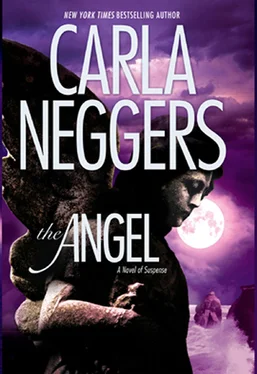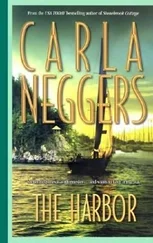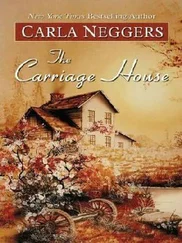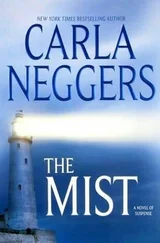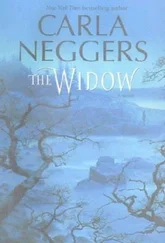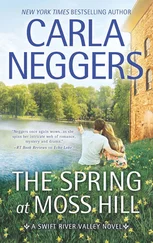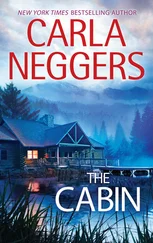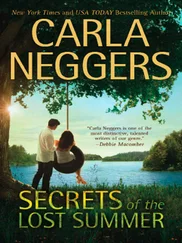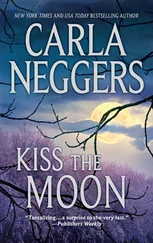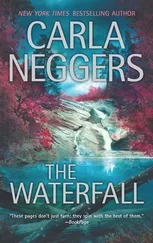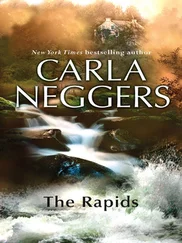He said something in Irish that didn’t include one of the fifty or so words she knew. Her mother spoke Irish—or used to. “I’m sorry—”
“Enjoy your walk, Keira Sullivan.” He blew out a cloud of cigarette smoke and gave just the slightest of smiles. “I know you. Ah, yes. I know you well.”
She was so stunned, she jumped back, stumbling and nearly spilling coffee down her front.
When she righted herself, coffee intact, the man was gone.
Where had he slipped off to so fast?
Keira peered up the quiet, narrow village street, lined with brightly colored stucco houses. The vivid blue, fuchsia, green, yellow and red could light up even the gloomiest Irish weather. Baskets of lavender and dark pink geraniums hung from lampposts. A few cars were parked along the sides of the road, but there was no traffic. Except for a single dog barking toward the water and the occasional hoots from the men in the pub, the street was quiet.
Keira debated going back into the pub to see if the man was there, or asking Eddie O’Shea if he’d seen him, but as much as she and Eddie had hit it off, she’d known him less than two days and didn’t want to stir up any further gossip.
Maybe the mysterious man had overindulged in Guinness and was staggering up a nearby lane, or he lived in one of the houses on the main street and simply had gone home.
Maybe he’d decided to have a little fun with the American tourist.
She couldn’t read anything into what the man—a perfect stranger—had said.
Keira took his spot at the picnic table, and as she sipped her coffee, lukewarm now, she noticed there wasn’t even a hint of cigarette smoke in the pleasant evening air.
After she left the pub, Keira shoved her hands into the pockets of a traditional Irish wool knit sweater she’d bought in Kenmare, a pretty village famous for its shops and restaurants. It was located farther up Kenmare Bay, which separated the Beara and the Iveragh peninsulas, two of the five fingers of land in southwest Ireland that jutted out into the stormy Atlantic Ocean.
She turned onto a bucolic lane that ran parallel to the village’s protected harbor, gray and still now at low tide, and across the bay, the jagged silhouette of the MacGillicuddy Reeks of the Iveragh Peninsula were outlined against the muted sky. Off to her right, the rugged, barren mountains of the sparsely populated Beara Peninsula rose up sharply, with tufts of milky clouds, or fog, maybe, sinking into rocky crevices.
Keira could hear the distant bleating of the sheep that dotted the hills.
The ancient stone walls along the lane were overgrown with masses of pink roses and wildflowers—blue, purple and yellow thistles, pink foxglove, various drifts and spikes of white flowers.
And holly, Keira saw with a smile, lots of it. By tradition, cutting down a holly tree was bad luck.
There were tall rhododendrons and the occasional pop of a bright fuchsia that had long ago escaped cultivation. The southwest Irish climate, warmed by the Gulf Stream, was mild year-round, hospitable to subtropical plants in spite of fierce gales.
Her rented cottage was just up ahead, a traditional structure of gray stone that, to her relief, was charming and perfect for her stay. Keira made a mental note to send a postcard to Colm Dermott thanking him for his help in finding it.
She hugged her sweater closer to her and pushed back any thoughts that might entice her to duck into her cottage and pour herself another whiskey and put on music, then tuck herself among her warm blankets and sketch pretty pictures of Irish scenery. It was tempting just to forget her mission.
After another thirty yards, she turned onto a dirt track that wound through the middle of a rock-strewn pasture, marked off with barbed wire and rising sharply. She’d walked up this way yesterday to get a feel for her surroundings. She was surprised at how well they corresponded to the details in Patsy’s story.
Sheep grazed far up into the hills, part of the Slieve Miskish Mountains that ran down the lower spine of the peninsula to the Atlantic and the now-defunct copper mines, where Patsy’s grandfather had worked.
The track leveled off briefly, and Keira heard a grunt nearby.
A cow. It’s only a damn cow.
Then came a shriek of laughter, and a woman’s voice. “Oh, no! Look—I stepped in it!”
A man chuckled. “Apparently cows don’t care about prehistoric ruins.”
The couple climbed over a barbed-wire fence onto the track. They were obviously American, the slight breeze catching the ends of their graying hair as they checked their scuffed walking shoes for cow manure. The woman smiled at Keira. “I suppose if one’s going to traipse through a cow pasture, one should expect cow patties. Are you going out to the stone circle?”
“Not tonight,” Keira said.
She’d checked out the stone circle yesterday after her arrival. It was one of over a hundred of the mysterious megalithic structures in County Cork, a particularly good example because it was relatively large and missing just one of its eleven stones. Getting to it required climbing over fences and navigating cows, rutted ground, rocks and manure.
The woman gave up on her shoe. “It’s incredible—and to see it this time of year…” She beamed, obviously delighted with her adventure. “Such a thrill. We half hoped we’d run into fairies dancing.”
Her companion sighed. “You hoped we’d see fairies.”
She rolled her eyes with amusement and addressed Keira. “My husband has no sense of romance.” She gestured broadly toward the harbor and village below. “We’re staying in Kenmare. You’re American, too?”
“I’m from Boston—I’m renting a cottage here,” Keira said, leaving her explanation at that.
“Lovely. Well, enjoy your walk.”
“Mind the cow flops if you go in the pasture,” her husband said.
Keira wished the couple a good-night, and as they ambled down the gravel track, she felt more relaxed. It wasn’t as remote out here as it seemed. She’d come prepared. She had food, water, a flashlight, a first-aid kit and a whistle for emergencies.
“You’ll be in Ireland on the summer solstice. Look for the angel then.”
The summer solstice wasn’t until tomorrow, but Keira figured she’d have a good look around tonight, get the lay of the land. With a little luck, maybe Patsy’s story would lead her straight to the hermit monk’s hut.
Regardless, it was a beautiful evening, and Keira was enjoying herself on her first full day of what promised to be a perfect six weeks in Ireland.
Cambridge, Massachusetts
3:00 p.m., EDT
June 20
Abigail parked her unmarked BPD car on a quiet street off Memorial Drive lined with mature trees and stately homes. Very Cambridge. Victor Sarakis’s house was a traditional Colonial with gray-painted shingles and black shutters. He was relatively wealthy, she’d discovered, and also something of an eccentric.
She turned the engine off and scowled at Bob O’Reilly next to her. He’d jumped into the passenger seat at BPD headquarters a half second before she could hit the locks and take off without him. He was getting on her nerves, but wasn’t everyone? “Shouldn’t you be pushing papers somewhere?”
He opened his door and glanced over at her. “What did you do, sit there stewing all this time and thinking up that one?”
“No, it just popped out.”
“Good. I’ll pretend it didn’t.”
Abigail didn’t respond. She knew he objected to her coming out to Cambridge. He had good reason. The medical examiner had determined that Victor Sarakis had drowned. There was no indication of foul play, a contributing natural cause or the involvement of alcohol or drugs, illegal or otherwise. A full autopsy report, with the results of more tests, was in the works, but everything still pointed to a bizarre accident. From past death investigations, Abigail knew it was entirely possible they’d never figure out the exact sequence of events that had led to Sarakis’s death.
Читать дальше
